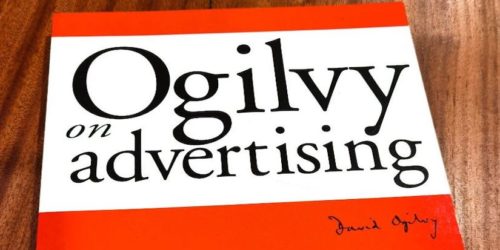How to use emotive language
Emotive language goes beyond simply stating facts. It taps into our emotional reserves. Specific words and techniques trigger joy, sadness, anger, and fear.
The unofficial English of Europe: what is ‘Euro English’?
English continues to thrive as the unofficial language of Europe. It's evolving into its unique form: Euro English. Euro English is a dynamic lingua franca. It constantly adapts to the needs of its speakers.
The fall of the semicolon: punctuation evolving
The semicolon – an enigmatic punctuation mark. It has long been a source of controversy. Researchers report a 25% decline in its use in British fiction over the past 30 years.
Morphemes: the invisible building blocks of pop-cultural language
Ever wondered how a single word like "un-friend-able" can pack such a punch? Or how "OMG" can express a whole rollercoaster of emotions? The answer lies in the magical world of morphemes, the smallest units of meaning in a language.
The global efforts to preserve endangered languages
Recent findings are sobering: we are losing languages. We are losing linguistic diversity. Unless we take decisive action, these windows into history will close.
New book explores the future of language
Language is the essence of human communication. But what happens when language itself starts to change?
New year, new you, new (and clear) writing
The new year’s a time for fresh starts and bold resolutions. And what better way to revamp yourself than by sharpening your writing skills? Clear communication is essential in all aspects of life, from work emails to social media posts to that heartfelt letter to Grandma. But achieving clarity can be tricky, especially when common […]
Cambridge Dictionary’s Word of the Year reflects AI’s increasing influence
This year’s ‘Word of the Year’ is reflective of the times. What is it, and what does it say about our language landscape? You’re not hallucinating… The word ‘hallucinate’ is the Cambridge Word of the Year for 2023. This highlights the growing impact of AI on language and society. At first, it may seem strange […]
The changing sounds of Britain: the decline of RP
For most of the 20th century, Received Pronunciation (RP), also known as "BBC English" or "the Queen's English", was the most prestigious accent in Britain. This non-regional accent originated in the upper-middle class of southern England. It was seen as the epitome of refined speech and social standing. Its adoption by the BBC further cemented its standardisation. Why is this no longer the case?
What copywriters can learn from David Ogilvy
David Ogilvy was a pioneer in marketing and advertising, and his advice is still relevant today.
Half of the English language is of French origin
The English language is a fascinating mix of words and phrases from all over the world. While it is primarily a Germanic language, it has been heavily influenced by other languages. Including French. In fact, it is estimated that up to 60% of the English vocabulary is of French origin. This is due to the […]
Readable Grammar 101: What is the simple subject in grammar?
The simple subject of a sentence is the person, place, thing, or idea that the sentence is about.













